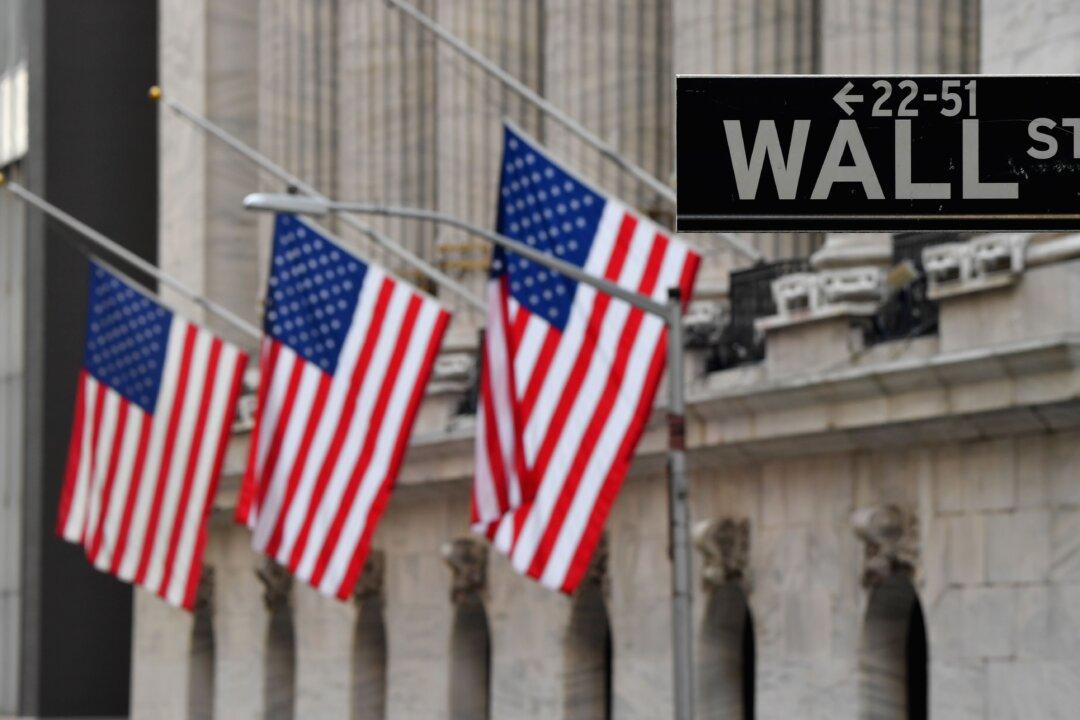WASHINGTON—In his final weeks in office, President Donald Trump and his Cabinet members took swift actions to ban investments in large Chinese companies, a major step in curbing Beijing’s access to lucrative U.S. capital markets.
The administration has banned investing in 44 companies identified by the U.S. Department of Defense as “Communist Chinese military companies.” U.S. investors will have to divest from the securities of these companies and their subsidiaries before the November deadline.





